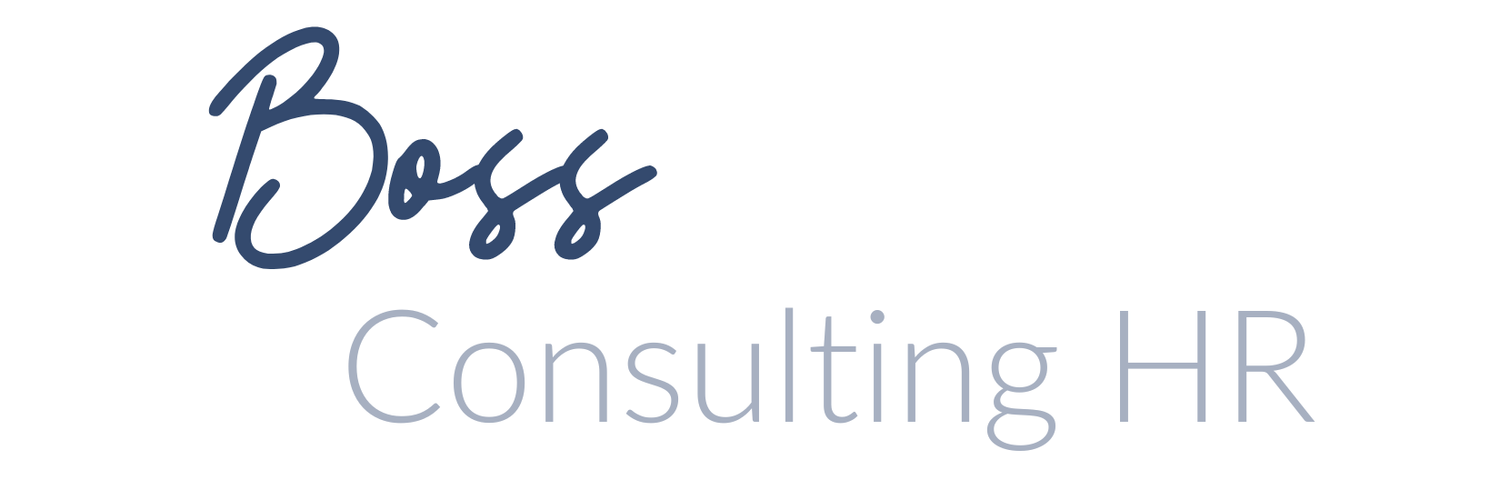What We're Watching | Week of July 25, 2022
What We're Watching, a weekly summary from the team at Boss Consulting HR, to highlight the ever-moving parts that is Human Resources.
Federal Updates
In a First This Week, Pre-Shift COVID Screening Time Ruled Not Compensable
This week we are seeing the first decision come out about COVID and compensable time. A federal district court in California dismissed a claim under the Fair Labor Standards Act (FLSA), where a non-exempt employee was required to undergo a COVID-related health screening on work premises before punching in.
The claim (Pipich v. O’Reilly Auto Enterprises, LLC) posed that time spent on the screening was compensable under FLSA.
But, the district court dismissed the claim because –
“a pre-shift COVID screening is not the ‘principal activity or activities which [the] employee is employed to perform.’” 29 U.S.C. § 254(a)(1)
“The screenings were not indispensable to the employees’ duties because [the employer] could eliminate them completely without hindering the employees’ ability to perform their duties.” - Law and the Workplace
Compensable time is a hotly debated issue. While this is the first decision we’ve seen around COVID compensable time, it surely won’t be the last. For more info on issues surrounding COVID screening activities and how they may affect your business, click here.
Mandatory Workplace COVID Testing | Moving Forward
In another COVID update this week, the EEOC has made a change to mandatory COVID testing. As an employer, you will now have to prove that COVID-19 testing is specifically related to the job … and is a necessity.
While this new change may feel finite, the EEOC insists it is not. Instead, they say “this change is not meant to suggest that testing is or is not warranted” but instead, is revised guidance that “acknowledges that evolving pandemic circumstances will require an individualized assessment by employers to determine whether such testing is warranted.” U.S. EEOC
Fisher Philips outlines seven key points from this policy change that you should consider in your own workplace testing policy.
7 Key Takeaways To Consider:
Mandatory COVID-19 Screening is Still Permissible If Certain Criteria Are Met
Antibody Tests Are Not Permitted as a Condition of Re-Entering the Workplace
COVID-19 Screening Questionnaires Are Still Broadly Permitted
You May Require ‘Return-to-Work’ Confirmation from a Medical Professional
You May Screen Job Applicants for COVID-19 Symptoms
You Should Carefully Consider the Circumstances Before Withdrawing a Job Offer
You Should Review Compliance with Other Employment Laws
For more detailed info on each of the 7 takeaways, read the full article here.
The EEOC will continue to update its guidance as the COVID-19 situation develops, and we will keep you posted on any new changes.
Major (Potential) Changes Coming to the National Defense Authorization Act
Several labor-friendly amendments to the National Defense Authorization Act (NDAA) were passed by the U.S. House of Representatives earlier this month. But that doesn’t mean they’ll pass the Senate. We’re now in the midst of a waiting game to see how the Senate proceeds, and which provisions will take effect for the 2023 fiscal year.
What’s at Stake?
Here are a few of the proposed amendments:
The NDAA would prioritize contractors who have union neutrality agreements. And would likewise, prohibit the U.S. Department of Defense from contracting with "union busting" employers.
Another amendment would make many federal employees eligible for paid parental leave.
While many of the provisions are labor-friendly, there is some opposition surrounding “over restrictive” policies.
To learn more about all the proposed amendments on the docket, click here to read this comprehensive article from SHRM.
Rhode Island Updates
Rhode Island Has a New Tip Protection Law – And It’s Already in Effect
A new tip protection statute was signed into law on June 28th in Rhode Island. It took immediate effect.
For each employee who regularly claims at least $30 in tips per month, things have changed.
As an employer, it’s vital you review the following and check in on your own tip protocols now that changes are underway.
What’s New:
Tips are the sole property of the employee.
Employers are forbidden to take any part of an employee’s tips, with the sole exception of credit card processing fees.
Employers can take these fees from employee tips, only if they have notified the employee of this deduction. Further, the amount deducted must not bring wages below the Rhode Island minimum wage of $12.25 per hour.
A valid tip pool has 3 requirements.
One of which, is that the pool can include employees who are not “tipped employees.” But the employer must pay them the full minimum wage and can not take any tip credit. This does not apply to exempt employees.
Service charges belong to the employer, and not the employee.
However, if you choose to distribue money from a service charge to your employees, you can credit that amount against minimum wage obligations.
Be careful with this one….
While service charges function like a tip credit in one respect, they do not in another. Service charge distributions don’t count as tips when determining if an employee meets the monthly $30 tip threshold.
We urge you to review your own policies around tipping to guarantee you are complying with all the new changes. To take a more thorough look at the new statute, click here.





